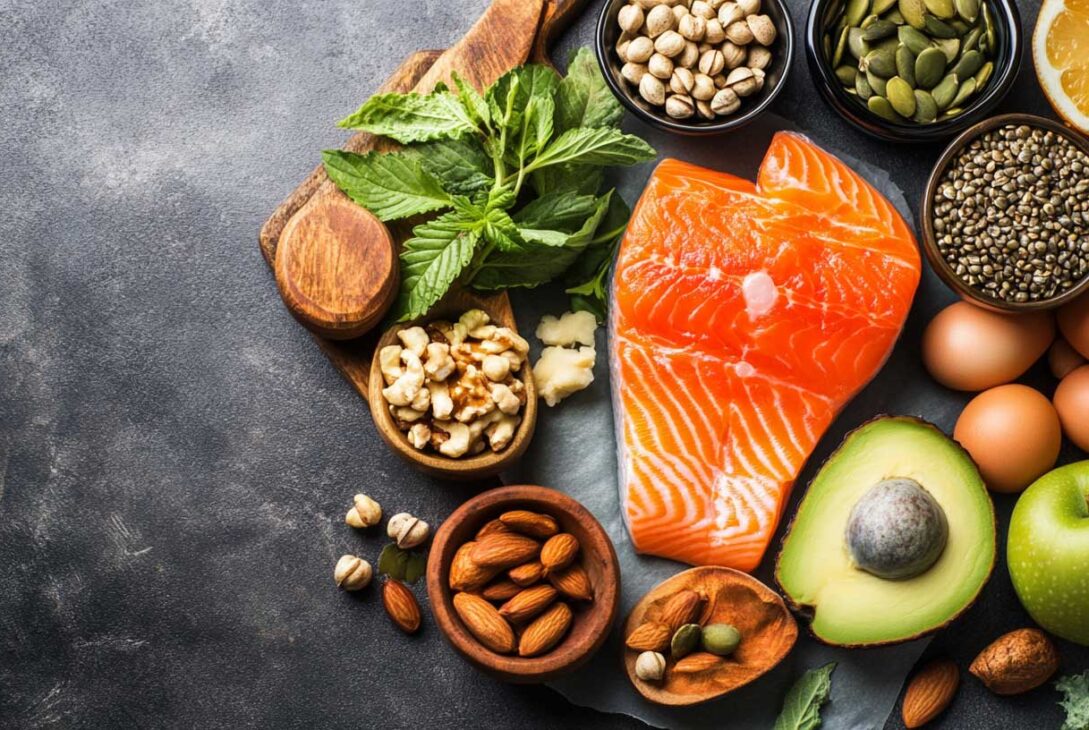Introduction to Delta-8 THC: Understanding Its Effects on Appetite and Metabolism
In the rapidly evolving field of hemp-derived products, Delta-8 THC is making waves for its unique psychoactive properties and potential health benefits. As individuals increasingly explore the various cannabinoids available, understanding Delta-8 THC’s effects on appetite and metabolism becomes crucial. This article reviews the science behind Delta-8 THC, how it interacts with our bodies, and what that might mean for those looking at it through the lens of appetite regulation and weight management.
What is Delta-8 THC?
Delta-8 tetrahydrocannabinol, commonly referred to as Delta-8 THC, is a cannabinoid that occurs naturally in the Cannabis sativa plant. However, it’s most often synthesized from hemp-derived CBD because it exists in much smaller concentrations in the plant. Structurally, Delta-8 THC is quite similar to its more famous counterpart, Delta-9 THC, which is the primary psychoactive compound in traditional cannabis. One key distinction is that Delta-8 THC tends to produce milder psychoactive effects, making it appealing to those who might be sensitive to the intensity of Delta-9 THC.
Delta-8 THC has been reported to offer several therapeutic benefits, such as pain relief, improved sleep quality, and reduced anxiety. This combination of effects makes it an interesting option for both recreational and medicinal users.
Delta-8 THC and Appetite
One of the standout characteristics of Delta-8 THC is its significant impact on appetite, often referred to as an appetite stimulant. Here’s a closer look at how this cannabinoid influences hunger:
- Activation of CB1 Receptors: Delta-8 THC engages with the cannabinoid receptors in the brain, specifically CB1 receptors. These receptors are instrumental in regulating appetite and hunger sensations. When Delta-8 THC binds to these receptors, it can lead to heightened hunger signals, prompting increased appetite.
- Evidence from Animal Studies: Research provides insight into Delta-8 THC’s appetite-stimulating abilities. In a notable study, mice treated with Delta-8 THC demonstrated a marked increase in food consumption compared to those who received Delta-9 THC or went untreated. This suggests that Delta-8 may effectively trigger hunger.
Delta-8 THC and Metabolism
While Delta-8 THC is widely recognized for its appetite-enhancing properties, its influence on metabolism is equally intriguing:
- Boosting Metabolic Rate: Initial studies indicate that Delta-8 THC may elevate the body’s metabolism, making calorie burning more efficient. This increased metabolic rate can have profound implications for individuals looking to manage their weight—creating an interesting dynamic as the appetite is stimulated while metabolism may also be heightened.
- Efficient Calorie Utilization: With an enhanced ability to burn calories, Delta-8 THC can help individuals maintain a balanced weight. This attribute becomes particularly valuable in scenarios where increased appetite could otherwise lead to weight gain.
Weight Management and Delta-8 THC
Combining its effect on appetite with its potential metabolic benefits presents a unique scenario for individuals aiming for effective weight management:
- Hunger Management: Delta-8 THC doesn’t just encourage eating—it also may help regulate hunger signals. This dual action can promote feelings of fullness, aiding in managing cravings and controlling overall food intake. Balancing these effects is key to utilizing Delta-8 THC for weight management.
- Weight Loss Potential: While the increase in appetite is noteworthy, the simultaneous boost in metabolism paves the way for potential weight loss outcomes. Individuals must be mindful, however, as the stimulated appetite could offset caloric deficits if not capped by healthy eating habits.
Regulatory Environment
Navigating the legal landscape surrounding Delta-8 THC can be complex. The 2018 Farm Bill legalized hemp-derived products, including Delta-8 THC, provided that they contain less than 0.3% Delta-9 THC by dry weight. Yet, the legality of Delta-8 varies state by state, and regulatory oversight is becoming tighter.
Government organizations, including the FDA and FTC, have begun scrutinizing Delta-8 THC products, issuing warnings against misleading claims and low-quality items flooding the market. Therefore, staying informed about current regulations is essential for consumers considering Delta-8 THC for personal use.
Conclusion and Actionable Tips
Delta-8 THC offers a compelling exploration into the realm of cannabinoids, particularly regarding appetite and metabolism. Understanding these effects can empower consumers to make informed decisions. Here are some practical tips to consider:
- Consult a Healthcare Professional: Before incorporating Delta-8 THC into your wellness regimen, it’s wise to consult with a healthcare provider to understand potential benefits and risks specifically related to your health.
- Track Your Intake: Given the appetite-stimulating properties of Delta-8 THC, actively monitoring your food consumption can help avoid unintended overeating.
- Adopt a Holistic Approach: To amplify the positive effects of Delta-8 THC on metabolism, pairing its use with a nutrient-dense diet and regular physical activity can yield the best results.
- Stay Updated on Legal Developments: Keeping abreast of evolving regulations will ensure that any Delta-8 THC products you choose to use comply with federal and state laws.
By grasping the science behind Delta-8 THC’s influence on hunger and metabolism, individuals can explore its potential benefits responsibly, aligning their health goals with informed choices.




















